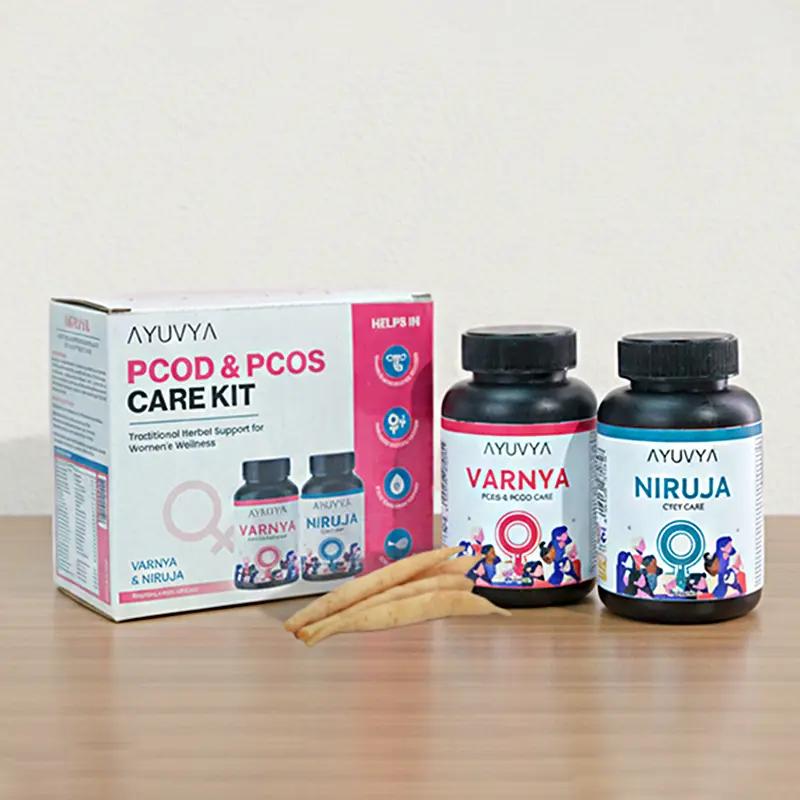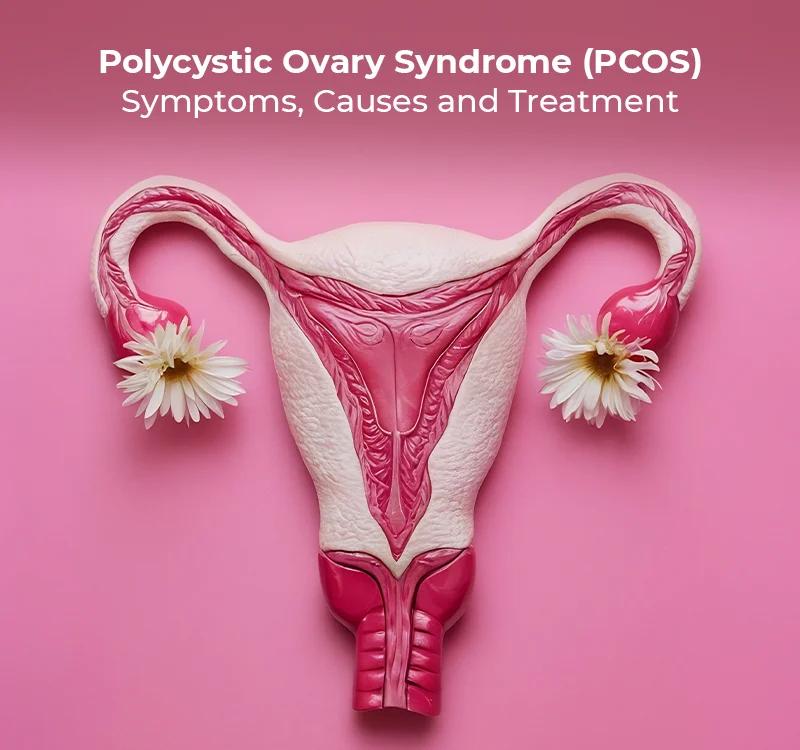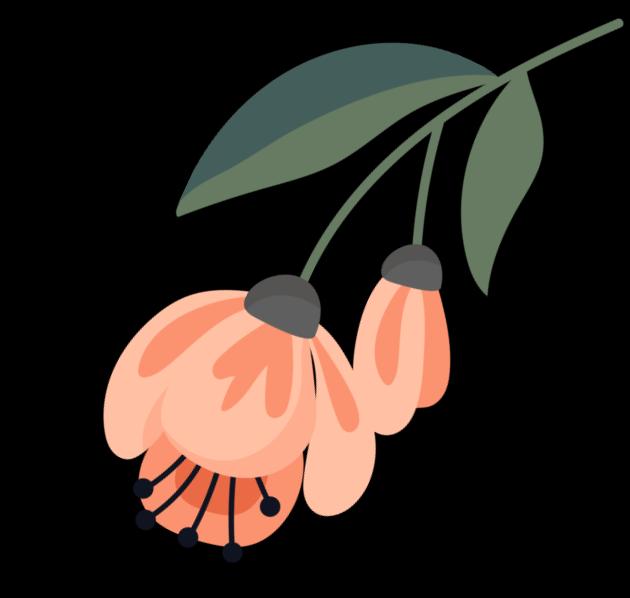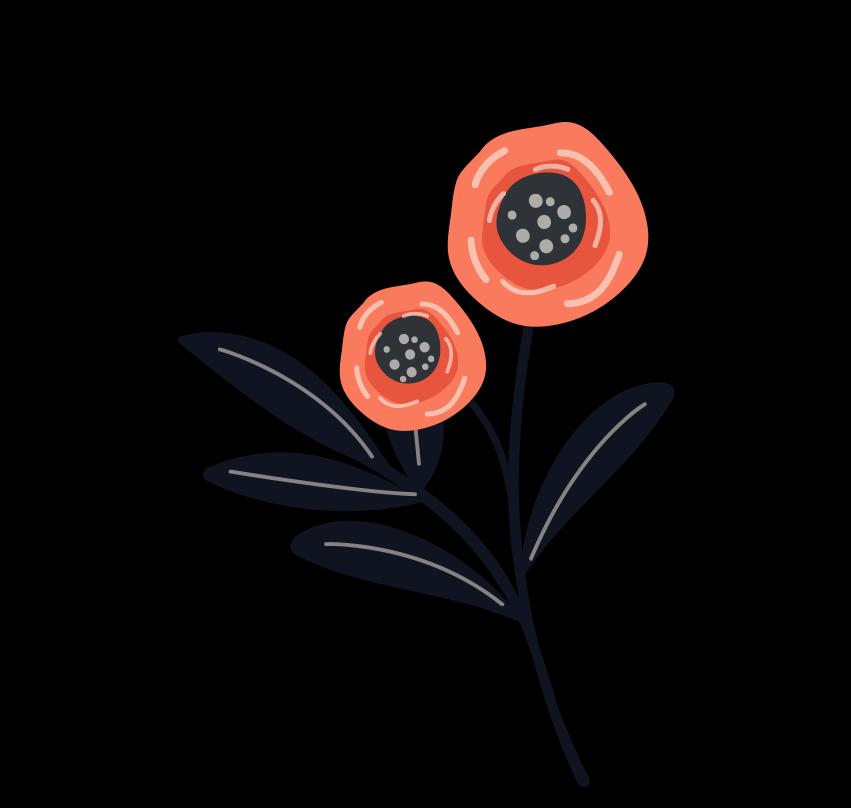PCOS Hair Loss: Effective Treatment Using Home Remedies
May 31, 2024

Polycystic Ovary Syndrome (PCOS) is a common hormonal disorder among women of reproductive age. It often leads to symptoms like irregular periods, acne, and hair loss. This type of hair loss can be distressing, but there are effective PCOS hair loss remedies that can help. These natural treatments focus on balancing hormones and improving scalp health to reduce hair fall and encourage hair growth.
Table of Contents:
- Does PCOS Cause Hair Loss?
- Symptoms of Hair Loss Due to PCOD/PCOS
- PCOS Hair Loss Treatment
- Natural Home Remedies to Treat PCOS Hair Loss
- When to See a Doctor?
- Conclusion
- FAQs
Polycystic Ovary Syndrome is characterised by hormonal imbalances and metabolism problems. Women with PCOS may have irregular or prolonged menstrual periods or excess male hormone (androgen) levels. The ovaries may develop numerous small collections of fluid (follicles) and fail to regularly release eggs.
Does PCOS Cause Hair Loss?
PCOS causes hair loss primarily due to hormonal imbalances. Women with PCOS often have higher levels of androgens, or male hormones, which can disrupt the normal growth cycle of hair. This hormonal imbalance can lead to hair thinning and loss on the scalp, a condition known as androgenic alopecia. Additionally, stress and metabolic problems due to PCOS can make hair loss worse. Controlling hormone levels with lifestyle changes or medication can help reduce hair loss from PCOS.
Symptoms of Hair Loss Due to PCOD/PCOS
Thinning Hair: The most noticeable symptom is the thinning of hair on the scalp, particularly at the crown or top of the head, while the frontal hairline usually remains unaffected.
Increased Hair Shedding: Women may notice more hair falling out during brushing or washing their hair.
Widening Part: The part in the hair may gradually become wider, revealing more of the scalp.
Reduced Hair Volume: The overall volume of hair decreases, making ponytails or braids look smaller and less full.
Oily Scalp: Sometimes, hormonal changes in PCOS can lead to an increase in scalp oil production, which might contribute to the hair loss process.
PCOS Hair Loss Treatment
PCOS hair fall treatment involves addressing the hormonal imbalances andimproving overall scalp health. Here are some effective strategies:
1. Medication
Treatment often includes anti-androgens to reduce male hormone levels or minoxidil to stimulate hair growth. Birth control pills may also be prescribed to help regulate hormone levels. Additionally, birth control pills are often prescribed to help regulate hormone levels, aiding in managing both hair loss and other PCOS symptoms like acne and irregular menstrual cycles.
2. Diet and Nutrition
A low glycemic diet can help manage insulin levels, a common issue in PCOS. It is important to include essential nutrients like vitamins B, D, E, zinc, and iron, which are vital for hair health. These nutrients support hair follicle health and can reduce hair loss associated with PCOS.
3. Lifestyle Changes
Engaging in regular exercise can significantly decrease insulin resistance, a common issue in PCOS. Additionally, incorporating stress-management practices such as yoga, meditation, or other relaxation techniques is important because high stress levels can worsen hair loss. These activities help in calming the mind and reducing the overall stress that may contribute to the severity of PCOS symptoms.
4. Natural Remedies
Applying essential oils such as rosemary and peppermint to the scalp can help stimulate blood circulation and promote hair growth. These oils are known for their invigorating properties which can invigorate hair follicles and enhance hair health. Herbal treatments like saw palmetto are also useful, as they can help regulate hormone levels, potentially improving hair growth by reducing the impact of androgens that typically cause hair thinning in PCOS.
5. Scalp Care
Maintaining good scalp health is crucial for managing hair loss associated with PCOS. Gentle hair care practices, such as using mild shampoos and avoiding harsh chemical treatments like dyes and relaxers, can help protect the scalp and hair follicles from damage. Additionally, regular scalp massages can enhance blood circulation to the scalp, nourishing the hair roots and promoting healthier hair growth.
Natural Home Remedies to Treat PCOS Hair Loss
Here are some effective natural remedies:
Diet
Flaxseeds: Rich in omega-3 fatty acids and lignans, flaxseeds help balance hormones. They can be added to smoothies, yogurts, or salads.
Spearmint Tea: Drinking spearmint tea twice a day can help lower androgen levels, which are often elevated in PCOS.
Whole Grains: Foods like quinoa, barley, and whole wheat help maintain a stable blood sugar level and manage insulin resistance.
Leafy Greens: Vegetables like spinach and kale are high in iron and other essential vitamins that support hair health.
Nuts and Seeds: Walnuts, almonds, and sunflower seeds are good sources of zinc and healthy fats that can improve hair health.
Berries: Rich in antioxidants, berries like strawberries and blueberries can protect hair follicles from damage.
Herbs
Ashwagandha: This adaptogen helps reduce stress and balance hormones, both of which are crucial for controlling PCOS symptoms. It can be taken as a powder or in capsules.
Licorice Root: Licorice root can help diminish serum testosterone in women with PCOS, potentially reducing hair loss. It can be consumed as tea.
Amla: Amla is rich in vitamin C and antioxidants, which strengthen hair follicles and promote hair growth. It can be used as a hair tonic or consumed as juice.
Topical Treatments
Onion Juice: The sulfur in onion juice may promote hair growth by increasing collagen production. Apply it to the scalp and wash off after 30 minutes.
Aloe Vera: Aloe vera soothes the scalp, reduces dandruff, and unblocks hair follicles that may be blocked by excess oil. Apply aloe vera gel to your scalp and wash off after an hour.
When to See a Doctor?
While you can treat PCOS at home using a combination of diet, herbs and lifestyle changes, if the symptoms persist, you must visit a doctor. It is also important to regularly check in with a doctor if you have a long-term health issue to make sure your treatment is working right.
Conclusion
PCOS hair loss is a challenging symptom that arises due to hormonal imbalances typical of Polycystic Ovary Syndrome. While this condition can cause discomfort, there are effective home remedies and medical treatments available that focus on balancing hormonesandenhancing scalp health. Incorporating a healthy diet, regular exercise, and natural remedies like essential oils and herbs can significantly mitigate hair loss.
Frequently Asked Questions
Focus on foods rich in antioxidants, omega-3 fatty acids, and proteins. Include flaxseeds, nuts, berries, and green leafy vegetables in your diet.
Oils like rosemary and peppermint are beneficial for stimulating hair growth. Massaging the scalp with these oils can improve circulation and promote hair health.
Hair loss due to PCOS might not completely go away but can be significantly reduced by managing PCOS through diet, lifestyle changes, and appropriate medical treatments.
Vitamin D, iron, zinc, and vitamin B12 deficiencies can cause hair loss. Ensuring a balanced diet with these nutrients can help prevent and manage hair thinning.
To combat hair loss from PCOS, focus on managing your hormone levels through diet, exercise, and possibly medications like anti-androgens or insulin sensitizers.
PCOS hair loss typically appears as thinning on the top of the head and frontal areas, often resembling male pattern baldness.
Hair loss from PCOS may regrow if hormonal imbalances are addressed. Treatments like lifestyle changes, medication, or natural remedies can help restore hair growth.














